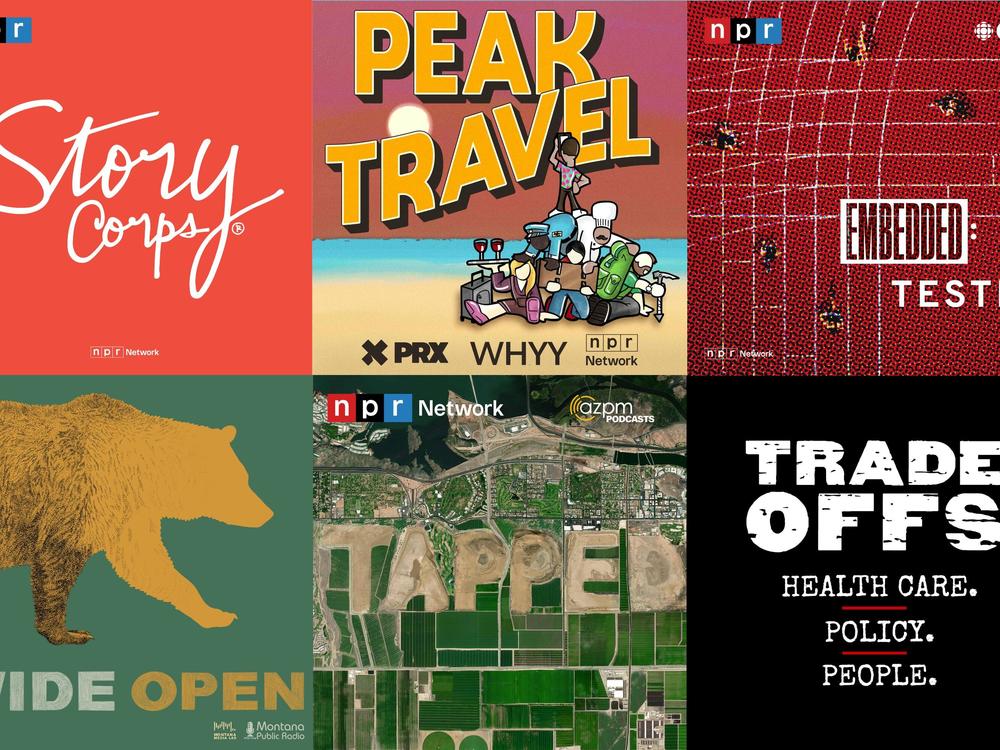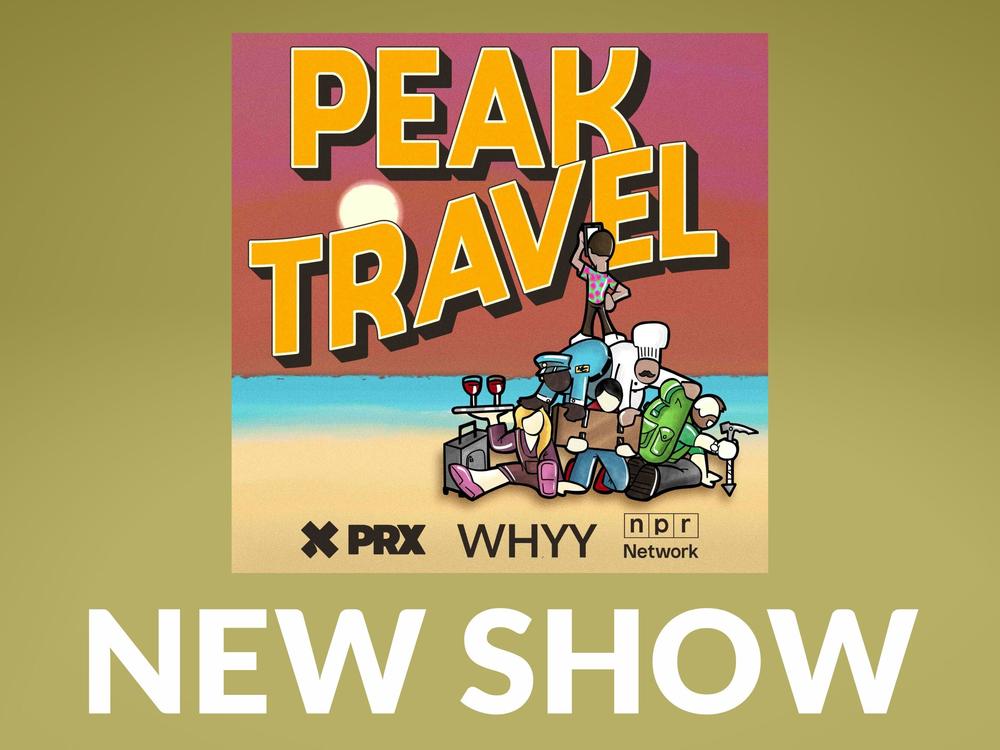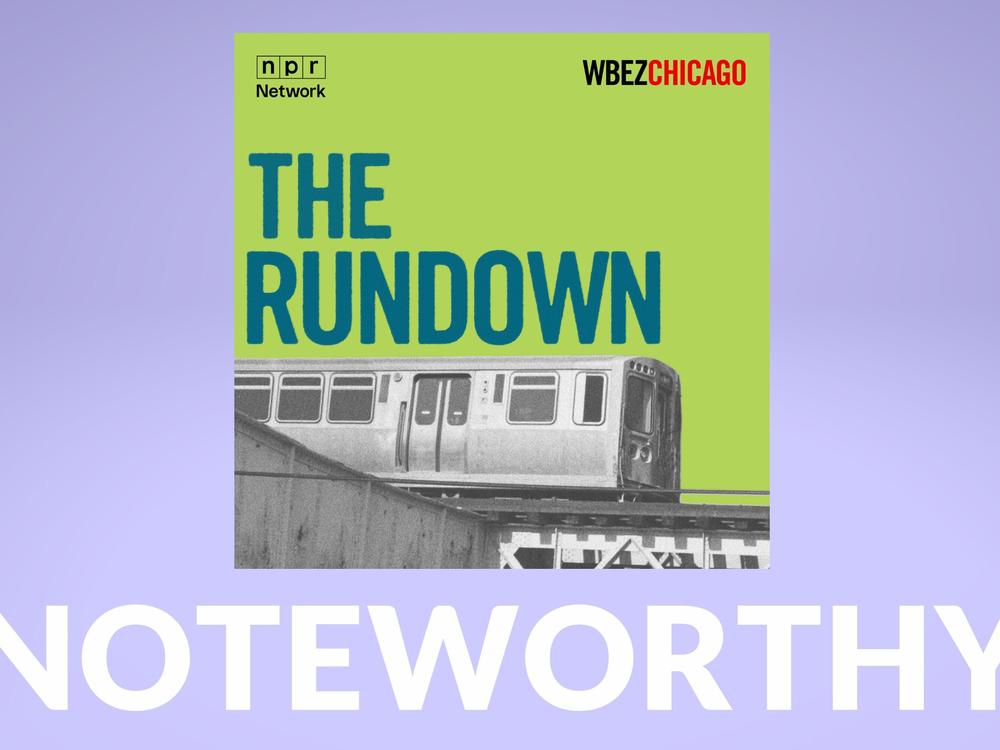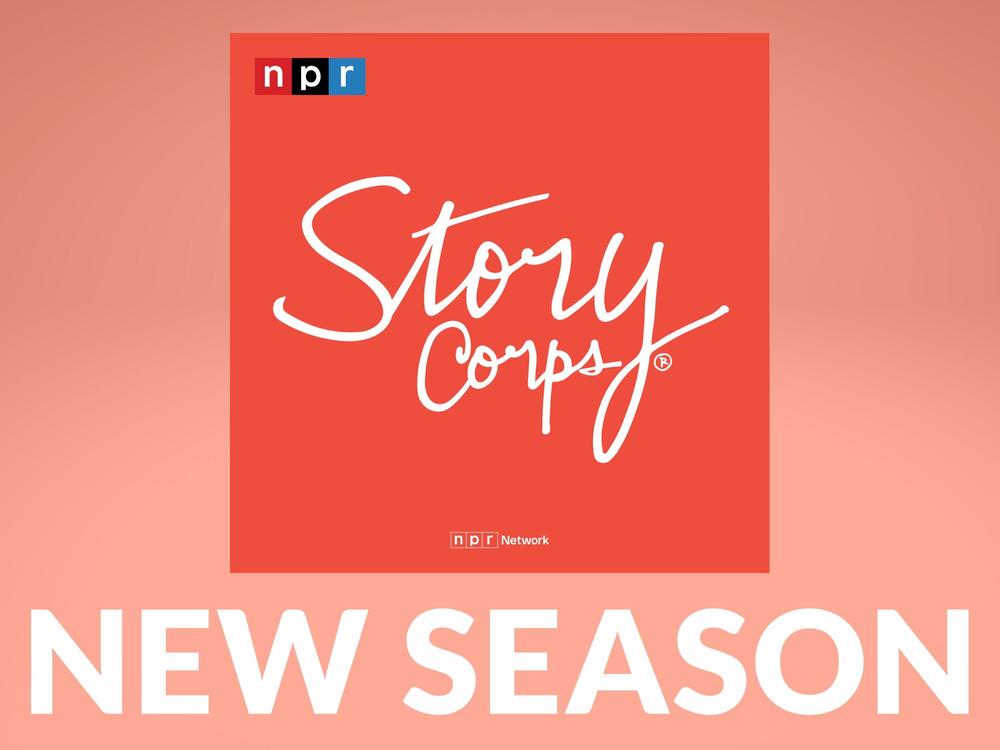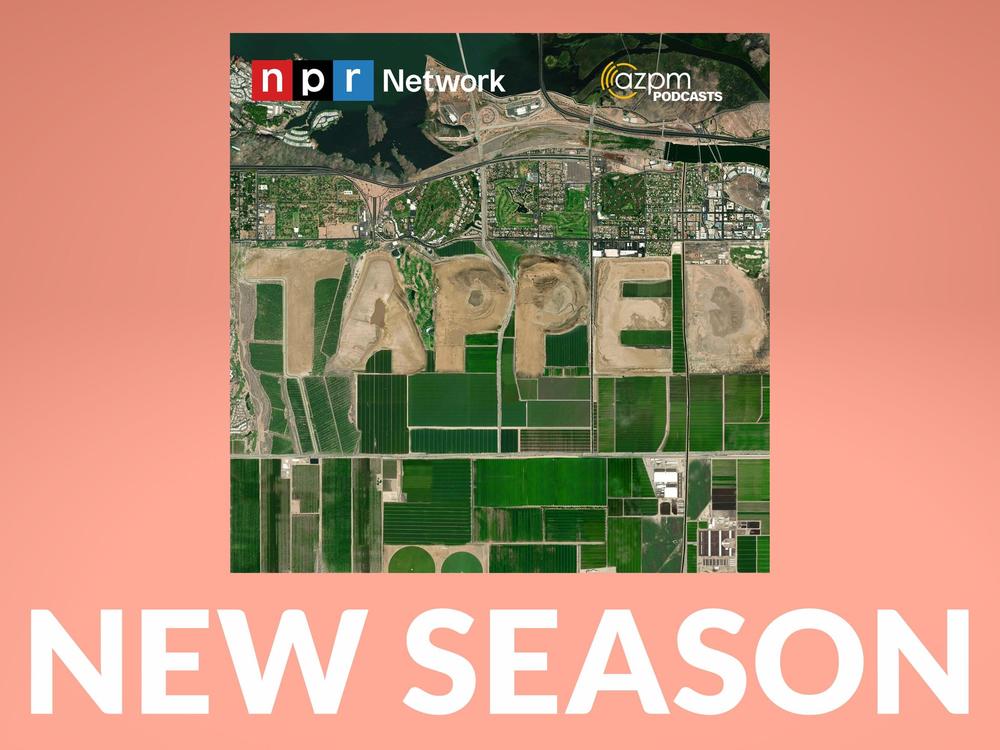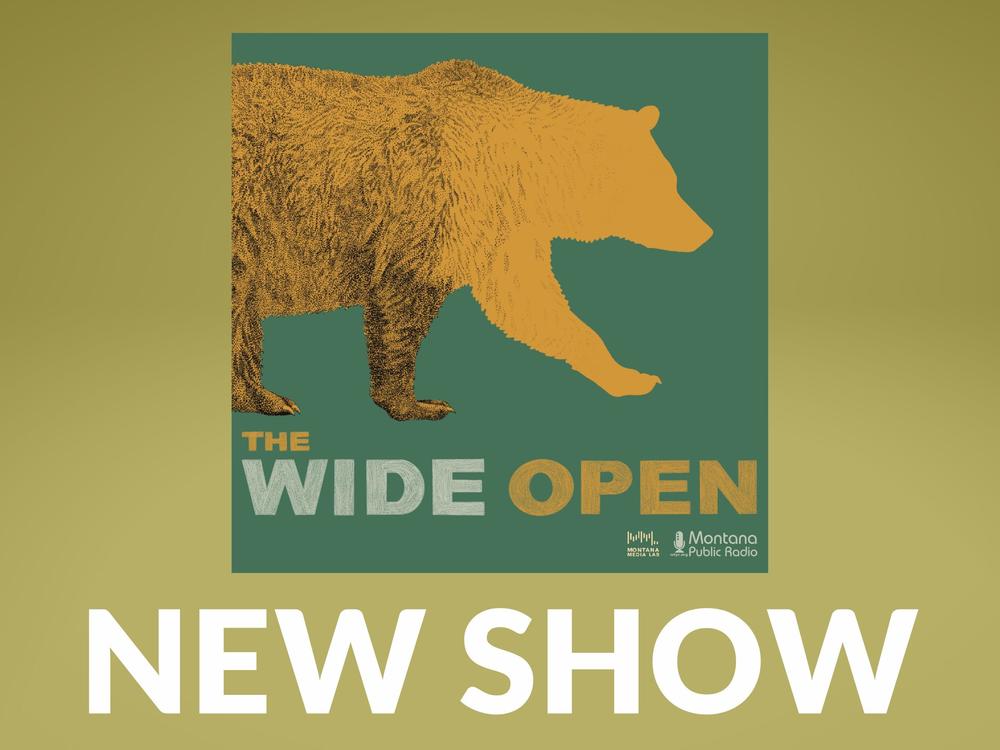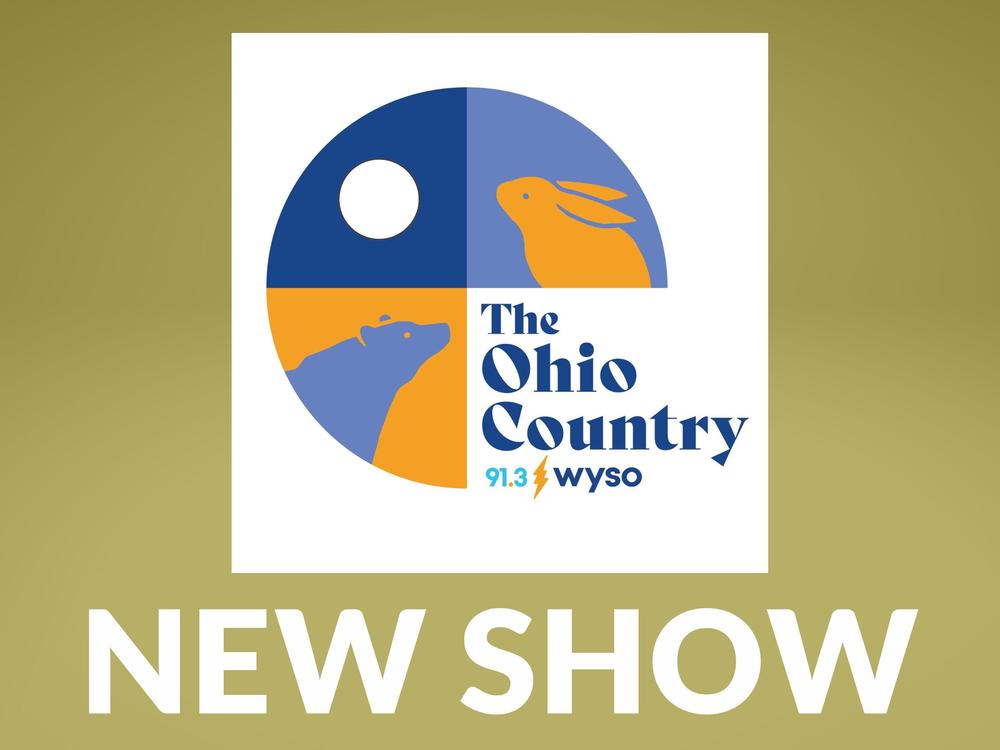Section Branding
Header Content
From the Olympics to endangered wildlife, add these podcasts to your playlist
Primary Content
Back-to-school season has arrived and you'll need some new podcasts to add to your carpool playlist. The NPR One team has gathered a few returning favorites as well as some fresh releases from across public media.
The podcast episode descriptions below are from podcast webpages and have been edited for brevity and clarity.
Who gets to compete? Since the beginning of women's sports, there has been a struggle over who qualifies for the women's category. Tested follows the unfolding story of elite female runners who have been told they can no longer race as women, because of their biology. As the Olympics approach, they face hard choices: take drugs to lower their natural testosterone levels, give up their sport entirely, or fight. To understand how we got here, we trace the surprising, 100-year history of sex testing.
Start listening to part one, "The Choice."
Travel can do amazing things: broaden horizons, build relationships, and rejuvenate the soul. But often, those experiences come at a cost. This is Peak Travel, a new podcast from WHYY about how travel shapes communities in hot-spots around the world. We'll share the wonder that comes with exploring new places, as well as the harm that our worst travel habits can cause. And we'll try to figure out how we can do it better.Each episode transports you to a new destination. You'll meet the people who call that place home, hear their stories, and come to understand how tourism has changed their everyday lives. Supported by rich, on-location sound from around the world, Peak Travel unpacks the $1.9 trillion travel industry and its impact on people and the planet.
Start listening to, "Hawaii: Please Don't Come Here."
Rundown host Erin Allen guides us through a first person account of a fateful day in Chicago history: August 8, 2004, when a celebrity tour bus dumped human waste on an unsuspecting architecture tour boat. Hear from two people who were on the scene: Brett McNeil explains what it was like to be on the boat, including the crowd's transition from "stunned silence" to "pandemonium." Angela Rozas O'Toole explains the aftermath, and where this story sits in the Chicago pantheon of stories.
Listen to, "Chicago marks 20 years since 'the Dave Matthews Band incident'."
EMS, Fire, Police and the 911 Call Center make up the existing four branches of the public safety system. A special series from Tradeoffs and The Marshall Project explores how a city radically changes its response to people in crisis, by creating a fifth branch. Nearly half of the country's 50 largest cities - including San Francisco, New York, Houston, Chicago - have launched programs to send unarmed responders to 911 calls historically handled by cops. In the process creating a new generation of first responders made up of clinicians, EMTs and unarmed mental health workers all responding to people who struggle with addiction, homelessness and mental illness. To understand this work we head to Durham, North Carolina, which has - in the face of skepticism and downright opposition - built one of the most comprehensive programs in the country. How did Durham pull off what so many cities have struggled to do? Join Tradeoffs and The Marshall Project for our new series The Fifth Branch as we examine this groundbreaking work and the challenges it's facing, both in Durham and around the country.
Start listening to, "Convincing the Cops."
On the first episode of a new sports-themed season of the StoryCorps Podcast, we're talking about the game changers: People who altered how their sport was played. Some of these changes were tiny ones we now take for granted. Others changed how the sport looked. But after they made their mark, nothing was the same.
Start listening to, "Game Changers."
The Colorado River is the most dammed waterway in the US, but what was it like before? We go back to the battle over Parker Canyon Dam and how it changed Arizona's rights to the river's water forever.
Listen to, "Taming the Colorado."
A podcast about the candidates, policies, and perspectives shaping the Pacific Northwest. Produced by KUOW in Seattle. There's a lot to wade through when it comes to Washington State politics. The drama, the facts, the money, and the movers and shakers. In Sound Politics KUOW host Libby Denkmann and politics reporter Scott Greenstone go behind the ballot to guide you through what's happening in local politics, why it matters, and how you can use your vote to make a difference.
Listen to, "Sound Politics gets primaried."
The Wide Open - Montana Public Radio
The Endangered Species Act helped bring the Yellowstone-area grizzly population back from the brink of extinction. It also sparked controversy over a question that looms over more species than just grizzly bears: How do we balance the needs of endangered wildlife with the needs of humans?
Listen to episode one, "Five Billboards Outside Livingston, Montana."
This 12-episode series provides a perspective on the history of the region we now call Ohio that very few of us learned in school. It puts the experiences of Miami, Shawnee, Wyandotte, and other American Indian people at the center of a refreshed version of the state's complicated past and undecided future.
In this episode, we'll hear about the Shawnee and Miami practice of intentionally burning land. But when the settlers came to the Ohio Country, they did not embrace that practice. Can it come back?
Start listening to, "Fire."
NPR's Jessica Green and Jack Mitchell curated and produced this piece.
